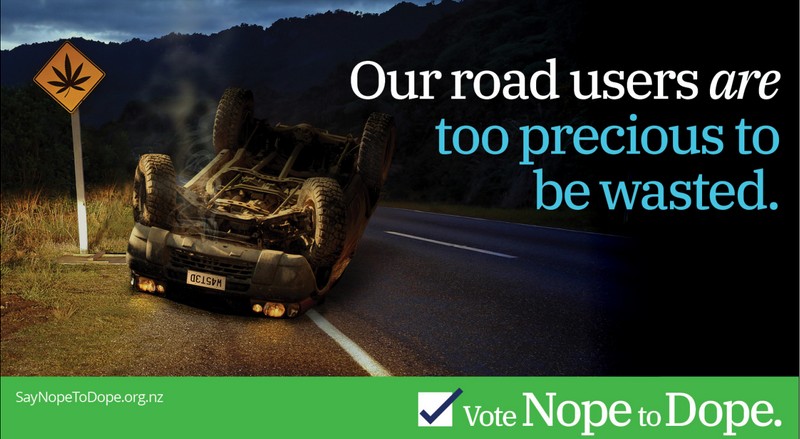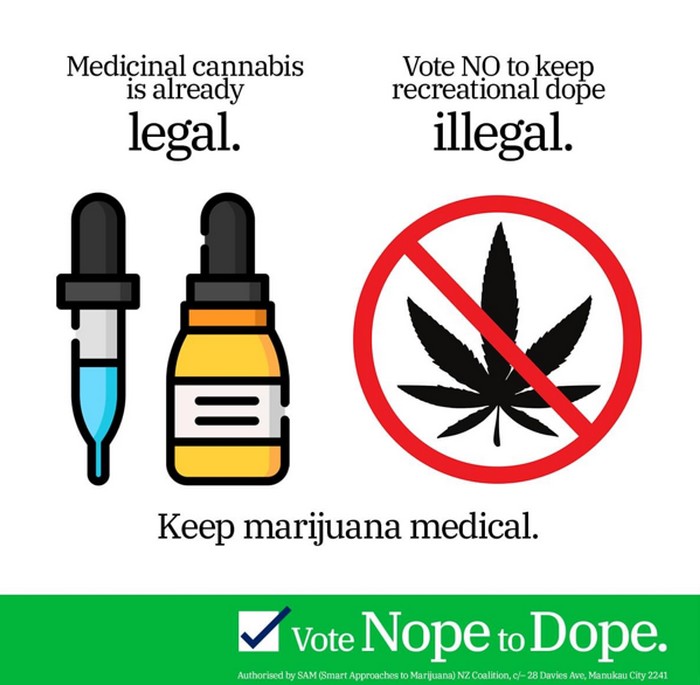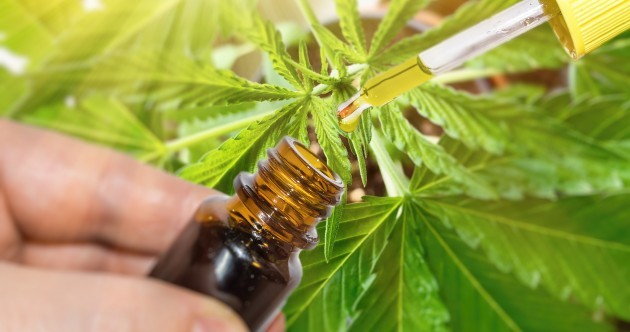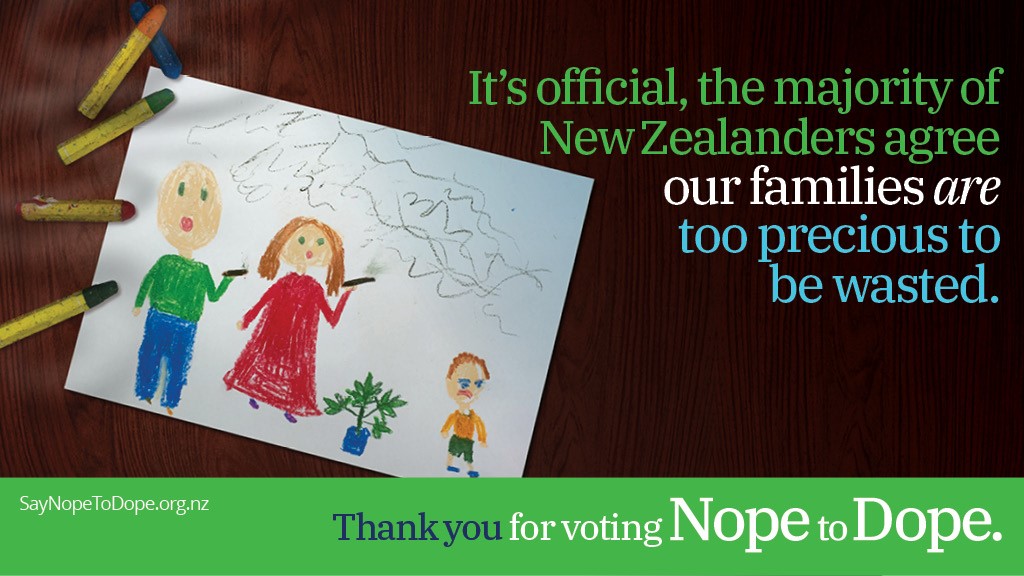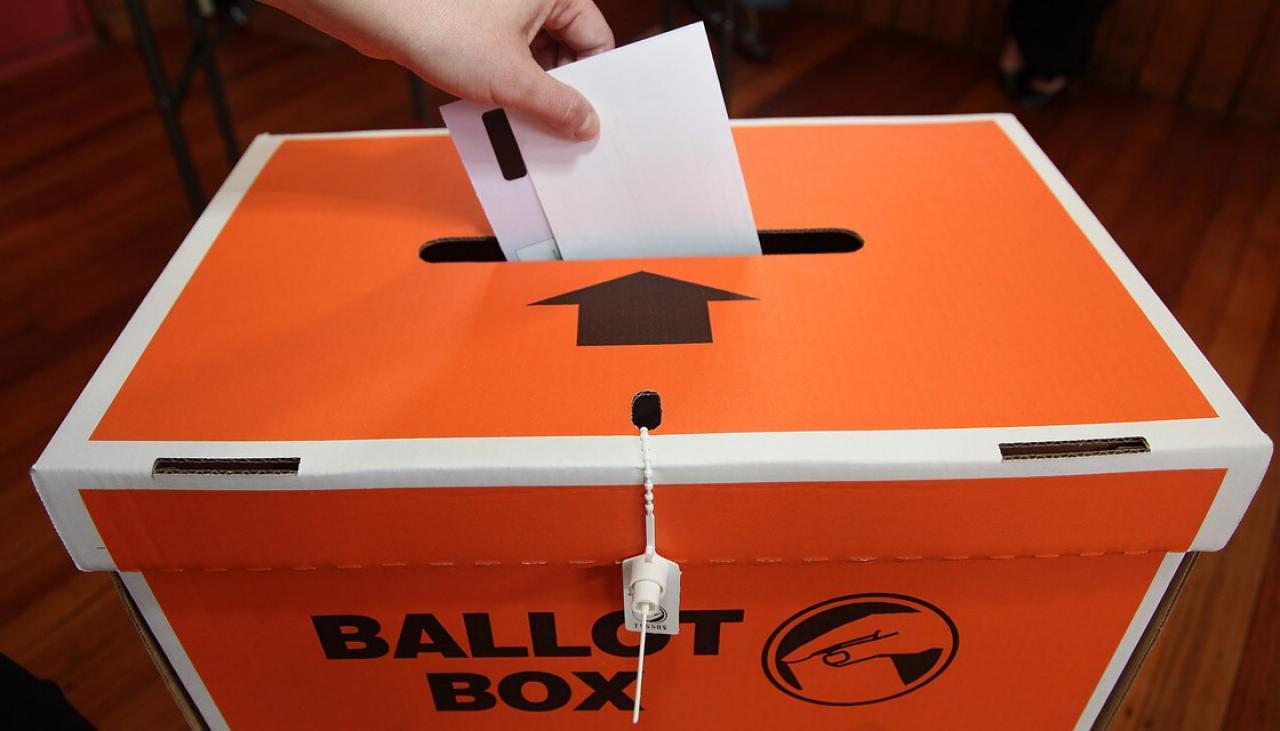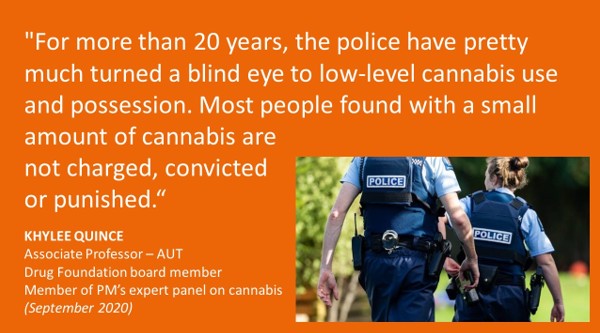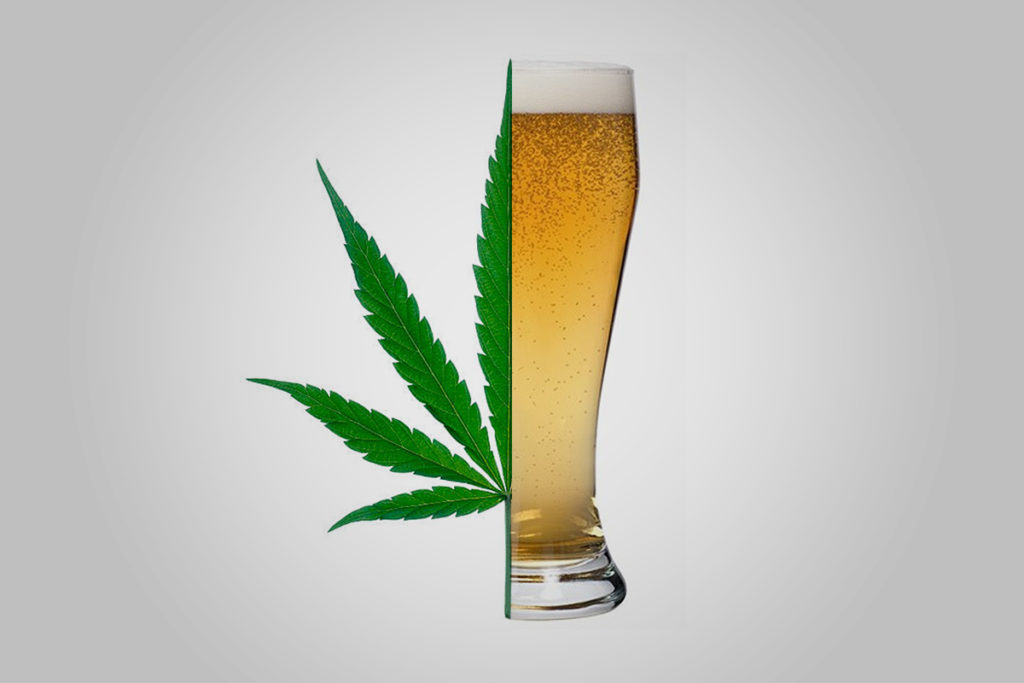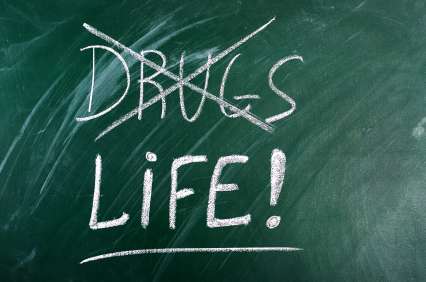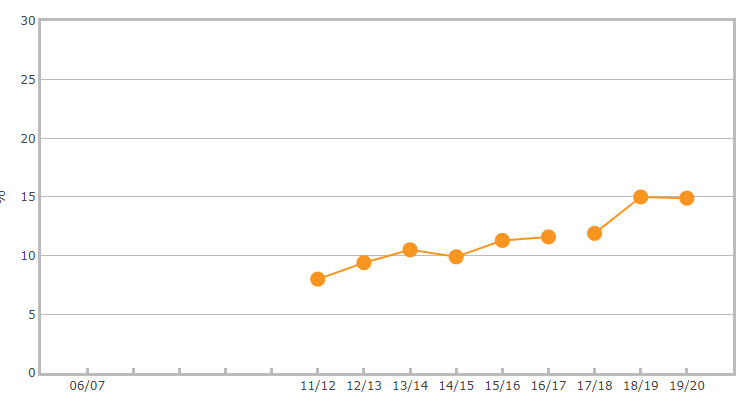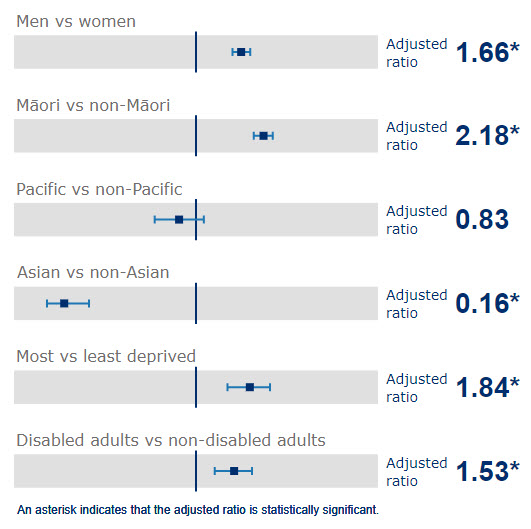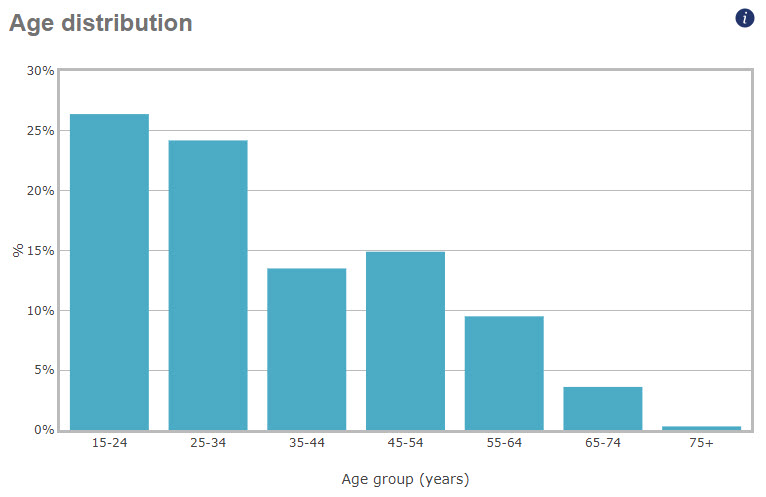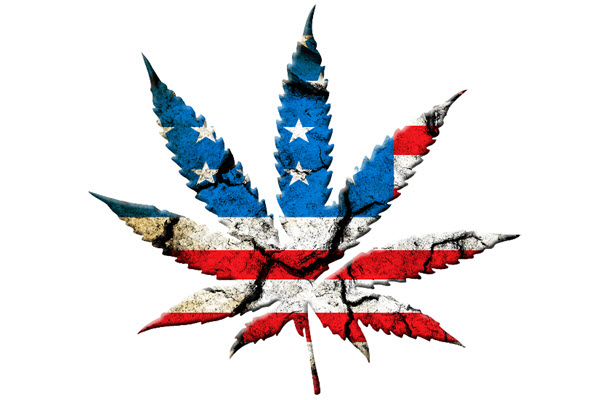
San Diego County Marijuana Prevention Initiative on 2020 marijuana report
KUSI News 15 December 2020
Family First Comment: “According to findings of the 2020 California Marijuana Impact Report, stronger potency in pot products has led to an upward trend in hospital emergency room discharges related to a cannabis use disorder. There has been a 350% increase in potency between 1995 – 2018. Additionally, marijuana concentrates can contain up to 90% THC. The most recent findings from the monitoring the future survey indicated the largest single-year increases in adolescent marijuana vaping ever recorded in the surveys 45-year history.”
Still wanna legalise? Nope.
According to findings of the 2020 CA Marijuana Impact Report, stronger potency in pot products has led to an upward trend in hospital emergency room discharges related to a cannabis use disorder.
The new report on marijuana-related public health issues was released Thursday. The report also highlighted the increase in youth vaping and emergency room discharges.
The average potency of THC, the primary psychoactive chemical found in marijuana is at its highest levels in history, according to the report. There has been a 350% increase in potency between 1995 – 2018. Additionally, marijuana concentrates can contain up to 90% THC.
The most recent findings from the monitoring the future survey indicated the largest single-year increases in adolescent marijuana vaping ever recorded in the surveys 45-year history.
Statewide emergency department data indicate a continued increase in marijuana-related visits. From 2016 to 2019, California Emergency Department visits and admissions for any related marijuana misuse has increased by 89%.
The report said Marijuana remains the primary drug of choice for youth ages 12-17 entering treatment
“Marijuana-related public health issues should not be ignored. Increasingly potent pot products, vaping is increasing among youth, ER discharges are increasing, age of onset is younger, treatment numbers are high and the rise of a cannabis use disorder,” said Dave King, Director, San Diego – Imperial High Intensity Drug Trafficking Area.
READ MORE: https://www.kusi.com/san-diego-county-marijuana-prevention-initiative-on-2020-marijuana-report/


